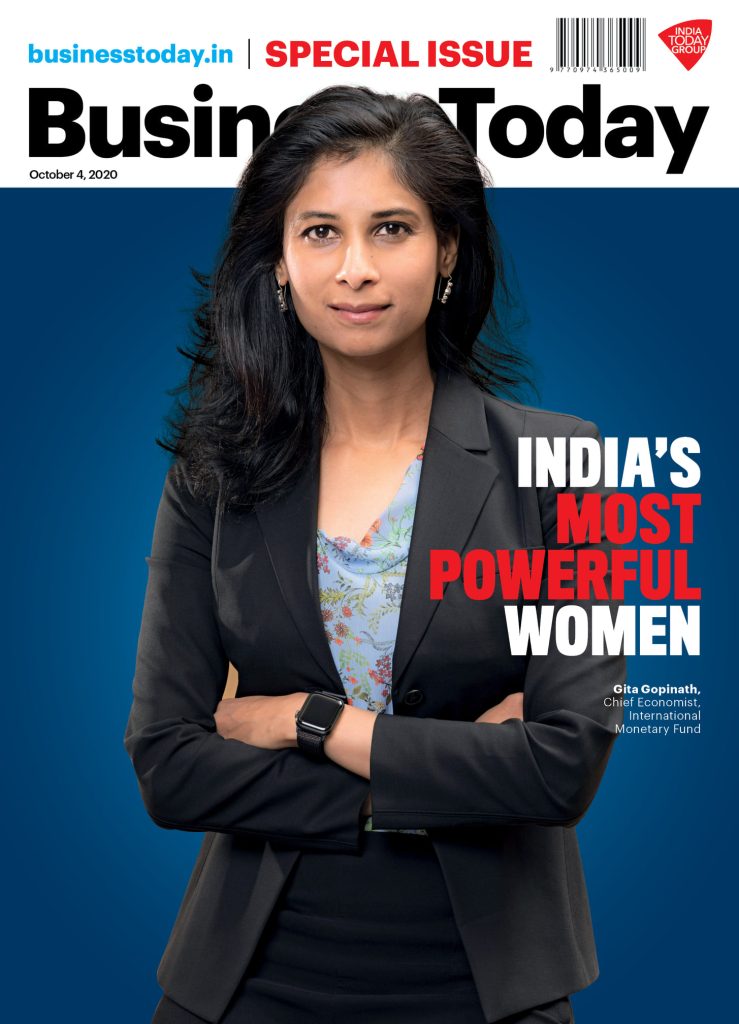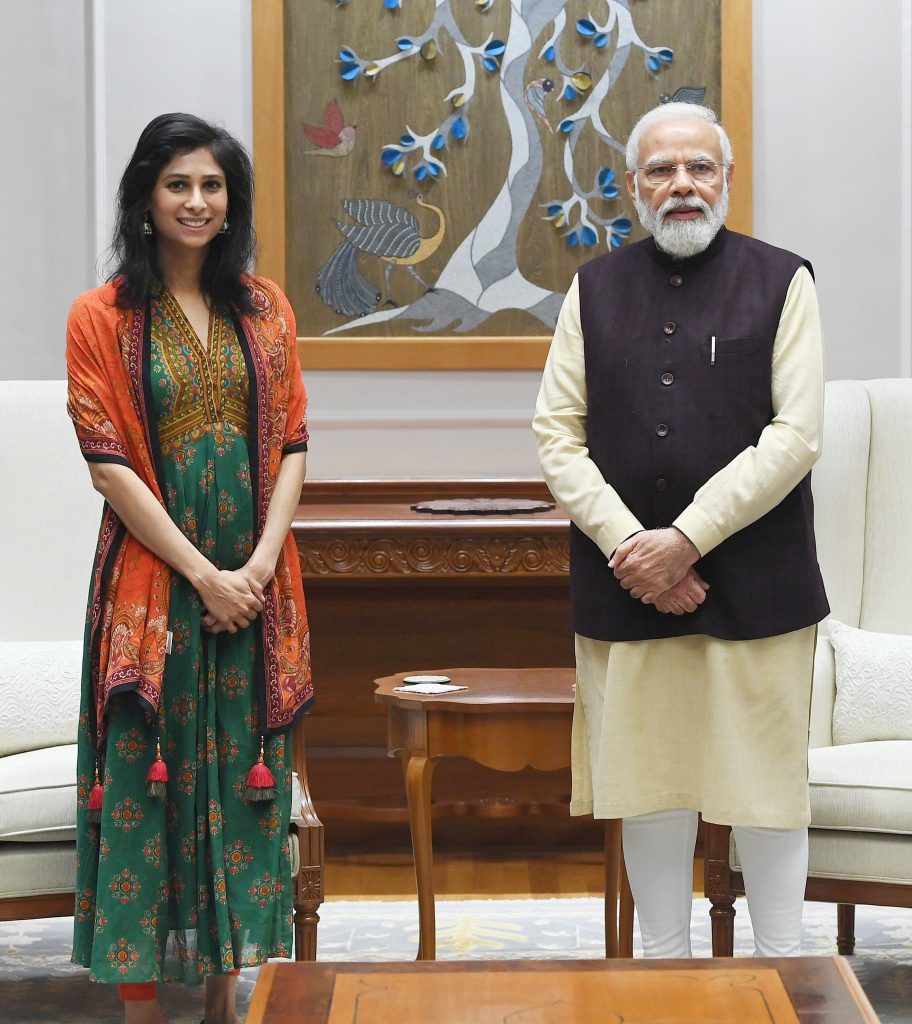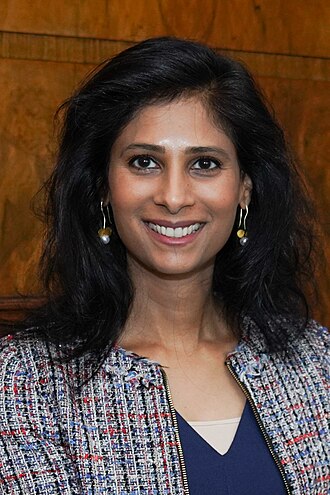Gita Gopinath, a name synonymous with excellence in the field of global economics, has broken barriers to become one of the most influential women in international finance. As the “First Deputy Managing Director of the International Monetary Fund (IMF)”, Gopinath has been a guiding force behind many of the organization’s economic strategies, particularly during times of global crises. Her journey from a small town in India to the corridors of global financial power is both inspiring and remarkable.
Early Life and Family Background:
Born in “Mysuru, Karnataka” in 1971, Gita Gopinath comes from a middle-class family that emphasized education and intellectual growth. Her father, “T.V. Gopinath”, was a manager at a public-sector bank, and her mother, “V.C. Vijayalakshmi”, was an educator. Growing up, Gopinath’s household was one where academic achievement was highly valued, which set the stage for her to pursue her passion for economics.

From an early age, Gopinath showed an aptitude for studies. She completed her undergraduate degree in Economics from “Lady Shri Ram College” in Delhi and then moved to the “Delhi School of Economics” for her Master’s degree. Her thirst for knowledge and drive for academic excellence led her to the “University of Washington”, where she completed her M.A., and subsequently to “Princeton University”, where she earned her Ph.D. in Economics.
Academic and Professional Journey:
Gopinath’s career took off in the world of academia, where she gained recognition as a sharp economic thinker. She served as a professor at “Harvard University”, where she was the “John Zwaanstra Professor of International Studies and Economics”. Her research focused on international finance and macroeconomics, with particular attention to exchange rates and sovereign debt.
Her groundbreaking work in these fields did not go unnoticed. In 2018, Gopinath was appointed as the “Chief Economist of the International Monetary Fund (IMF)”. She became the first woman to hold this prestigious position. During her tenure, she played a pivotal role in the IMF’s response to the COVID-19 pandemic, providing crucial policy advice to member nations to navigate the unprecedented economic downturn. Her expertise has been central to shaping global financial policies and providing strategic insights into the challenges of globalization, trade, and financial stability.
Personal Life:
While Gita Gopinath is celebrated globally for her professional achievements, she has also maintained a strong connection to her family. She is married to “Iqbal Dhaliwal”, a fellow economist and a key figure in the fight against global poverty. Dhaliwal is the Executive Director of “J-PAL (The Abdul Latif Jameel Poverty Action Lab)”, an organization that focuses on research and policy solutions to reduce poverty worldwide. Together, they have a son, and despite their demanding careers, the couple shares a deep commitment to making the world a better place.
Gopinath’s Work Abroad and Global Influence:
Gopinath’s influence extends well beyond the borders of India and the United States. As Chief Economist at the IMF, she has been instrumental in shaping economic policies in developing and developed nations alike. Her analysis and advice have helped nations deal with currency crises, trade disputes, and economic shocks. She has frequently represented the IMF at international forums and worked closely with governments worldwide to address issues like income inequality, labor market reforms, and climate change economics.

In addition to her work at the IMF, Gopinath has contributed to numerous academic journals, shaping the dialogue around global economics. Her collaborative research with other renowned economists has set the foundation for contemporary macroeconomic policy discussions. Her ability to blend academic rigor with real-world application has earned her recognition from financial institutions, governments, and think tanks around the world.
Conclusion:
Gita Gopinath’s journey from Mysuru to the helm of global economics is a testament to her intellect, determination, and vision. She has not only shattered glass ceilings but also served as a role model for aspiring economists, especially women, around the world. Her work continues to have a profound impact on international finance, making her one of the most influential voices in the field.
Her story aligns with the mission of platforms like vamaindia.in, which strives to empower and uplift women by providing them with the resources and support to excel in their respective fields. Gopinath’s success is a reminder that with dedication and access to the right opportunities, women can reach the pinnacle of any profession they choose.


